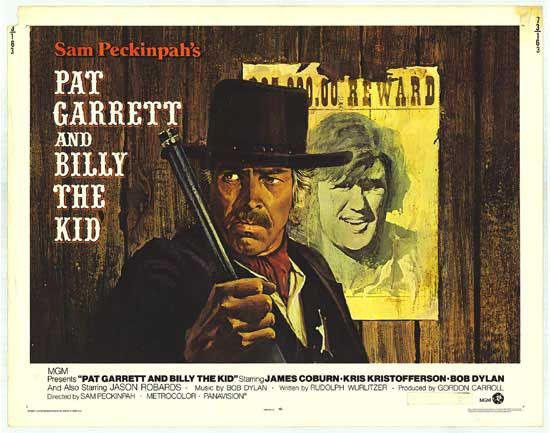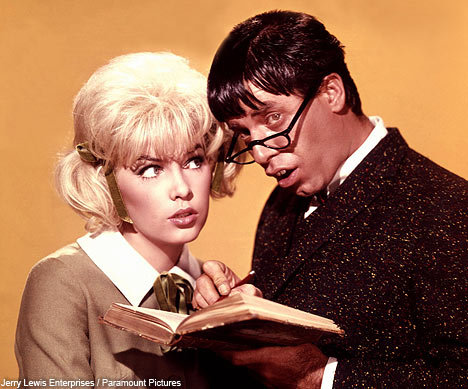Paul Wendkos and THE LEGEND OF LIZZIE BORDEN (1975)

In Christopher Wicking and Tise Vahimagi’s auteurist study “The American Vein: Directors and Directions in Television”, the writers describe Paul Wendkos’ best work as “having a clinical detachment that prevents any easy transference onto the characters. It’s as if we’re viewing them as insects under a microscope.” While the authors may refer to THE LEGEND OF LIZZIE BORDEN as being a failure (while contending that it’s still an interesting one), this crucial precept is still firmly in place here. In Wendkos’ television movie, he presents a rather sobering character study of the supposed (if likely) hatchet murderer from
Part courtroom drama, part foray into the basic psychology of the character, BORDEN really gets down to business during its last act, when screenwriter William Bast (HAMMERHEAD) has some fun with facts in this Edgar-winning teleplay and divulges that Borden (Montgomery) really did methodically slaughter her father (played by Fritz Weaver) and stepmother Abby (Helen Craig). Presupposing that Borden removed her clothing before picking up the axe, Wendkos visualizes a tour-de-force sequence in which Borden acts out the defining moment: the fateful weapon coming down as refracted flashes of history are scattered in front of our eyes – skirmishes of past arguments and never forgotten punished acts due to childhood disobedience.
It’s heightened, it’s intricate, it’s galvanizing, and it’s unadulterated Wendkos, calling to mind the best of his early crime features, THE MEPHISTO WALTZ and even his First Season episodes of “The Invaders”.
Sarris may have relegated him to the Oddities, One-Shots and Newcomers category in 1968, correctly assuming the influence of Orson Welles (in particular: KANE and TOUCH OF EVIL). It’s just that it took some time after ’68 (aka: the 1970s) for Wendkos to come to grips and assimilate any of those borrowed stylistic flourishes. And, for a time, flourish he did.
Labels: Paul Wendkos



 My LP Collection
My LP Collection












